2 min read
• July 17, 2025Driving positive change faster with policy
2 min read
• July 17, 2025Navigate to:
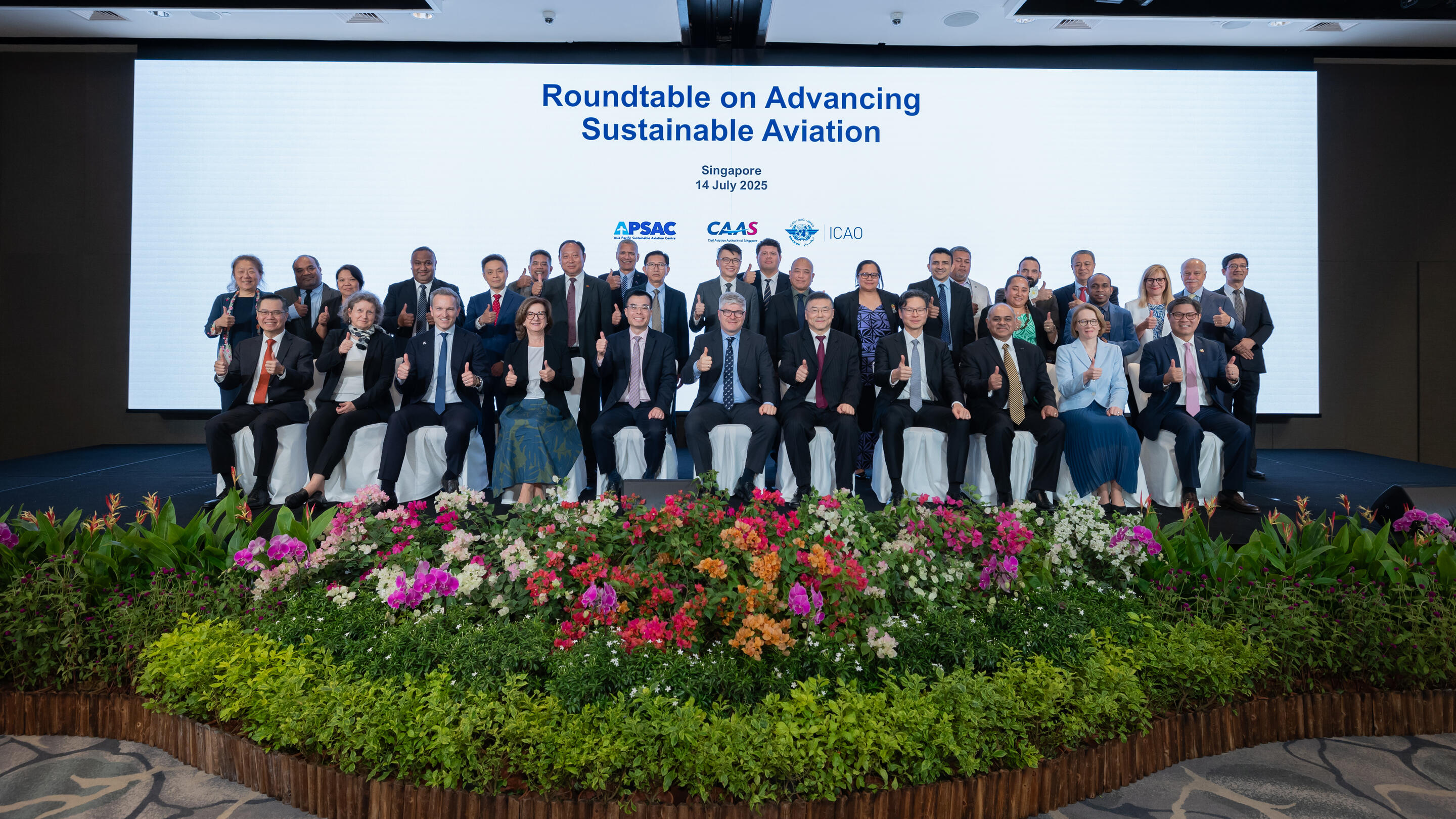
Q: Congratulations on your appointment with APSAC Advisory Council! It’s still early days, but how are you feeling about it so far?
I’m delighted to see Singapore taking the lead and starting something like the APSAC. To me, it’s an inspired undertaking, and shows the government’s commitment to driving changes in the aviation sector.
I hope to provide ideas and technical considerations, and work with the council members to advance APSAC’s agenda for the Asia Pacific region.
We have lots to do, and I’m excited about what we can achieve.
It’s also great to see how the international community* is moving forward and working with industry on ways to reduce greenhouse gas emissions for their sectors.
*e.g., International Civil Aviation Organization and the International Maritime Organization
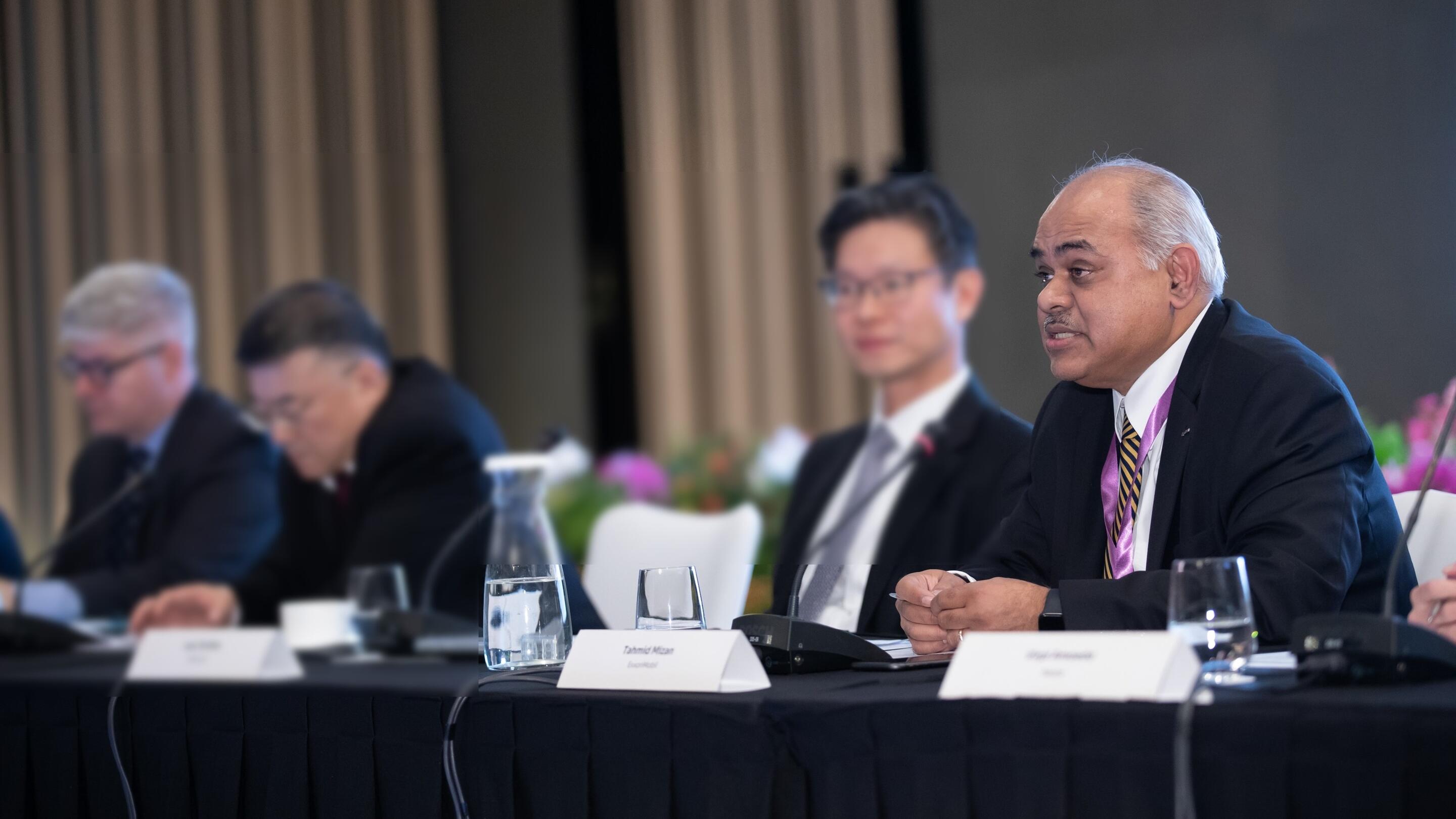
Q: What would you say is the most important step for the AP region as it journeys towards its aviation goals in a more sustainable future?
Aligning on policy. How I look at it is policy is the handshake that needs to occur to bring together suppliers, airlines, customers and governments. While it can happen spontaneously, policy can drive this too.
Policy brings us together, but good policy brings us together faster.
This step is even more important for the Asia Pacific region for several reasons: its vast geographical expanse, how diverse the countries are in stages of economic development or physical landscape, or the endowments of natural resources, to name a few.
Aviation is quintessentially the key connector for people in Asia and ties the region together. So, it’s critical to find sustainable solutions that work for the region.
I’m Asian by birth (from Bangladesh) and have lived in the U.S. for over three decades. I fondly remember the many times I’d travelled back home to visit my parents and extended family, or have my parents come over. We wouldn’t have been able to do that without the blessing of aviation.
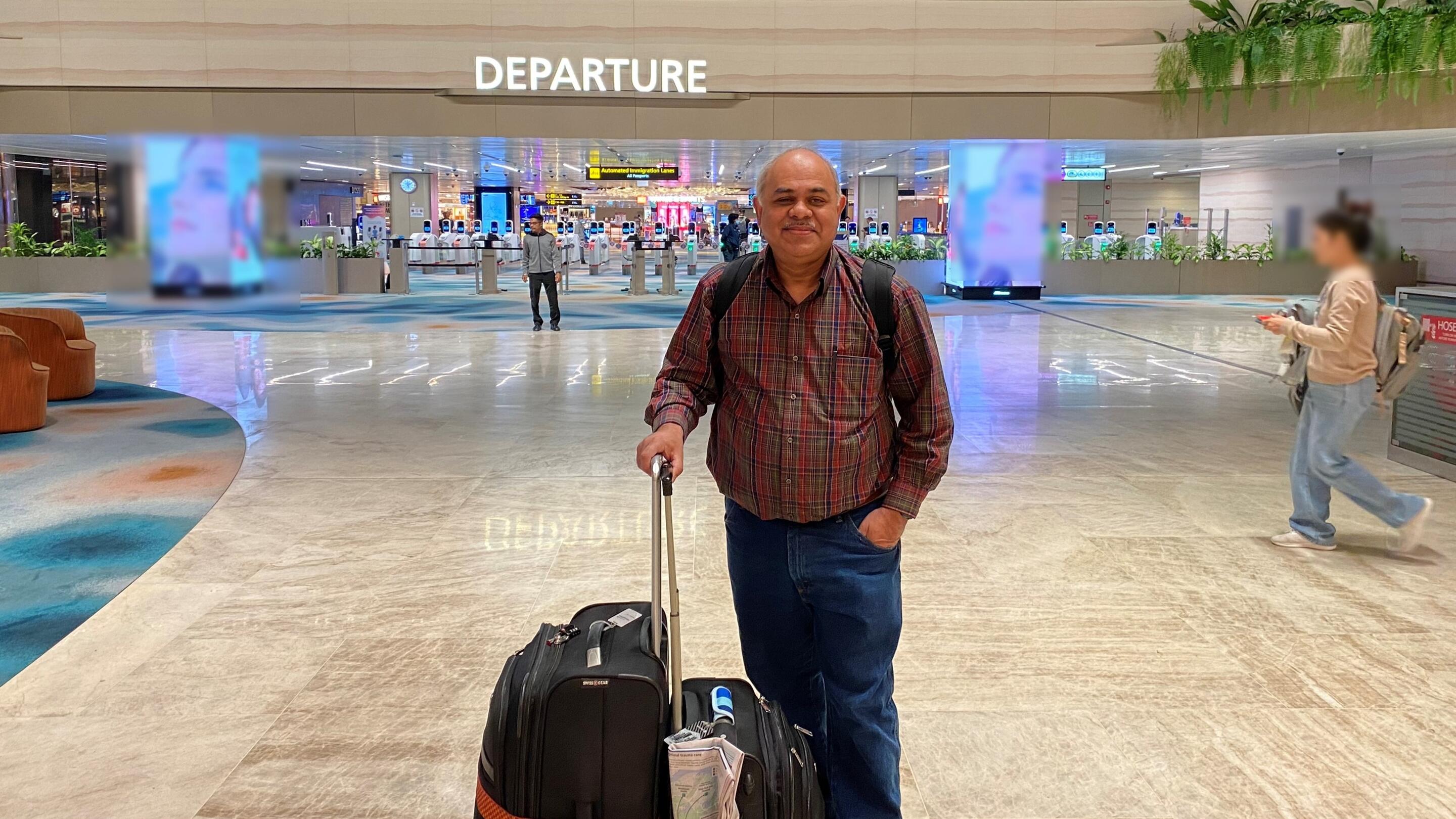
Q: We’ve heard that this role you have in regulatory development is deeply personal too. Tell us more about what keeps you motivated.
Policy goes beyond any company or industry and has a role in creating positive changes for the broader society.
In my previous role, I travelled around the world to share insights from ExxonMobil’s Global Outlook (former Energy Outlook) to different audiences. It was an eye-opening assignment as I had a front-row seat to how the company has been thinking deeply about the dual challenge: Ensuring the world has access to reliable and affordable energy, while reducing emissions to address the risk of climate change.
With my roots in a developing country, I witnessed the hard realities of energy poverty. It may be difficult to appreciate for those living in developed cities and countries – who enjoy and expect the convenience of plentiful energy at their fingertips.
Things like flipping a switch and having the lights come on, filling up and driving to the beach, having access to an efficient public transport system, and so forth.
But these don’t always exist for many developing parts of the world in Asia and elsewhere. There are still billions of people who don’t have these things, and many more have never flown on a plane.
While we want to create a better world for the environment, we mustn’t forget the billions of people who still need access to affordable energy.
Q: What’s your favorite travel destination, and why?
(laughs) I promise that this is the truth… I’d pick Singapore.
My first visit here was about 20 years ago for an ExxonMobil meeting to share best practices in refining. I was amazed by the rich heritage and traditions, and how the country evolved and developed so quickly.
I visit often for work and have come here several times with my family as a tourist.
Chilli crab is something I look forward to having every time I stop by!
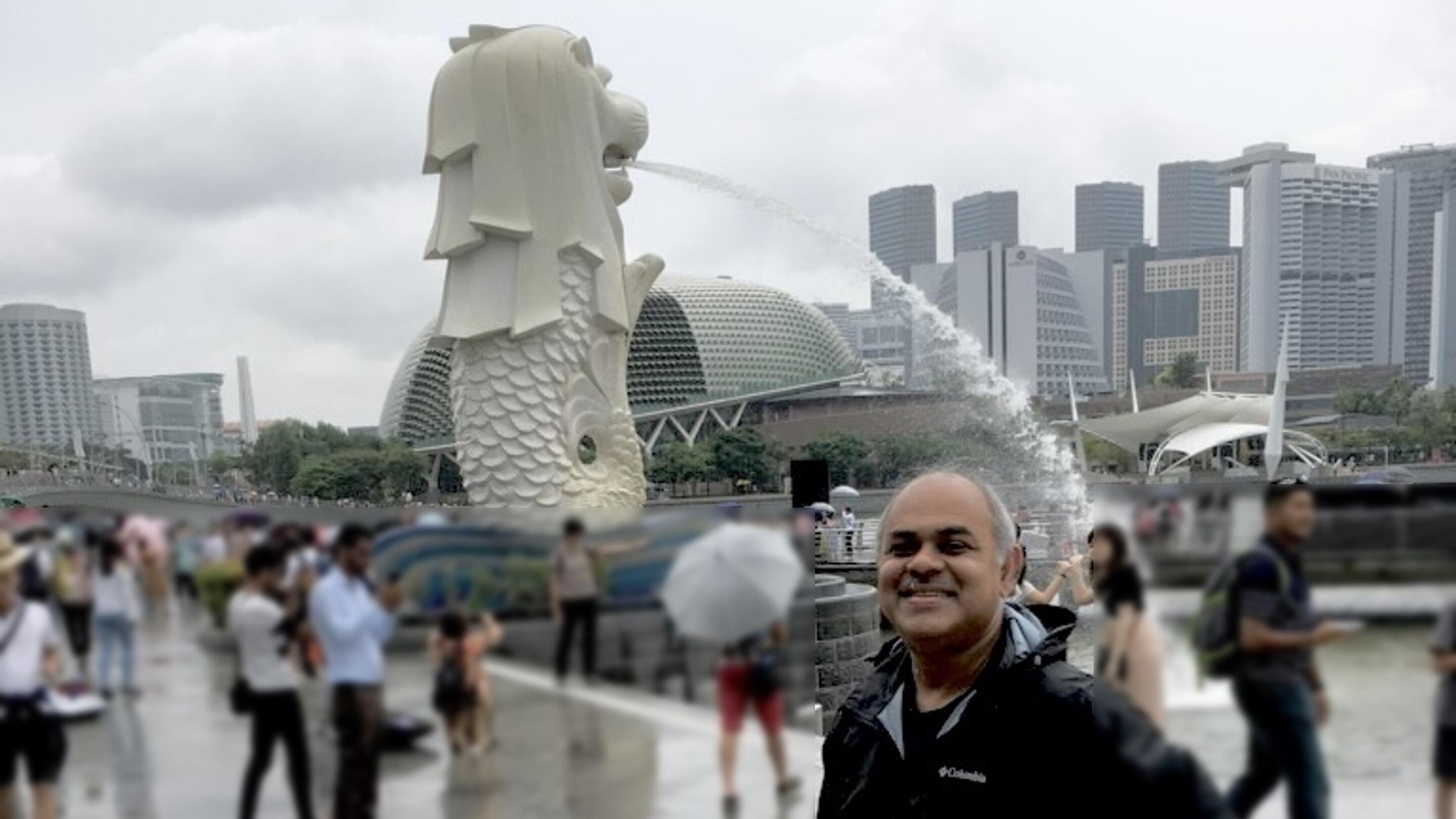
Explore more
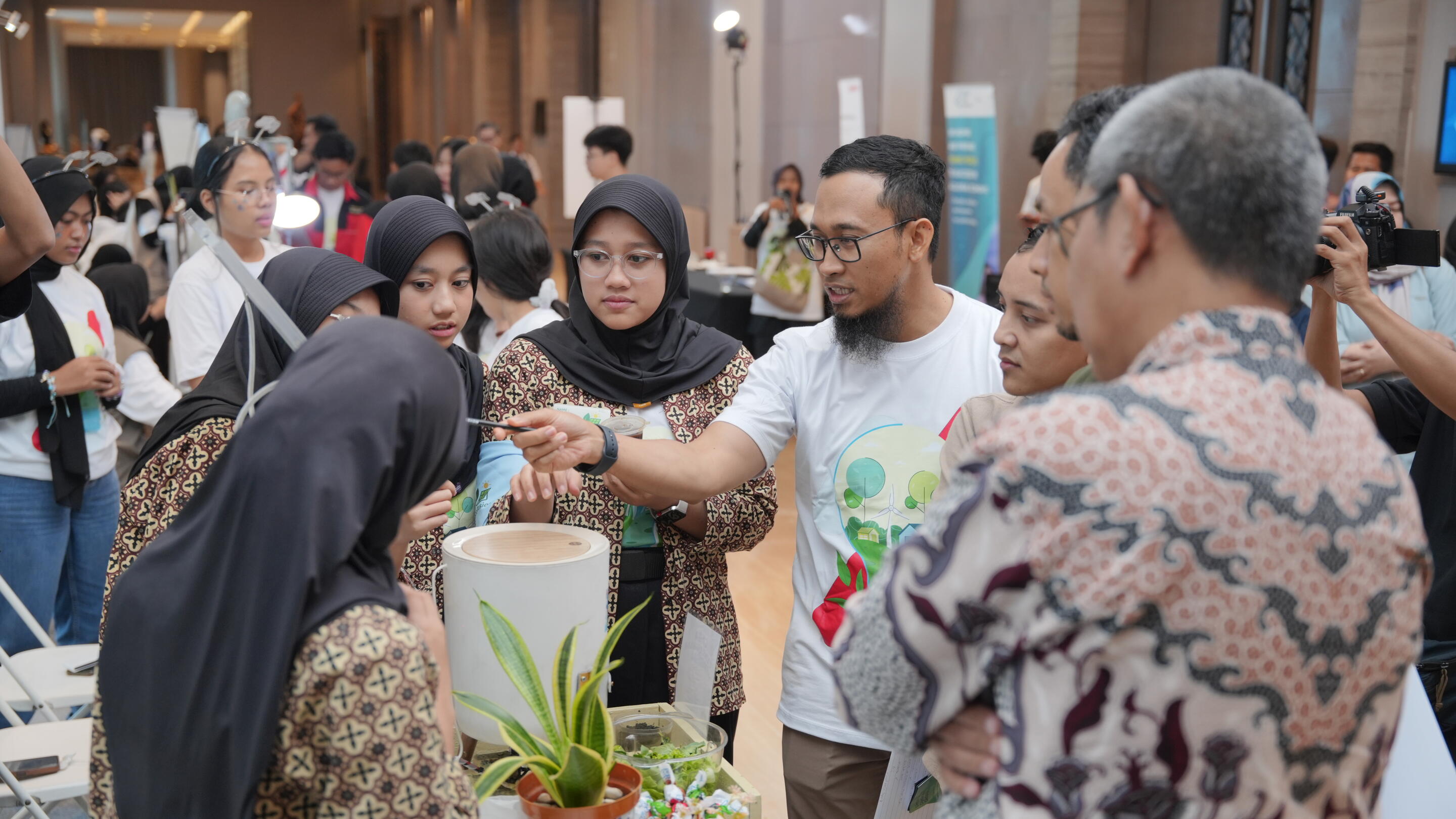
Empowering the next generation through STEM education
4 min read
• Nov. 25, 2025ExxonMobil enters agreement with Chandra Asri Group to sell service station network in Singapore
ExxonMobil starts first-of-its-kind technology in Singapore
2 min read
• Sept. 23, 2025
Tip for dads: Be present and intentional
2 min read
• June 10, 2025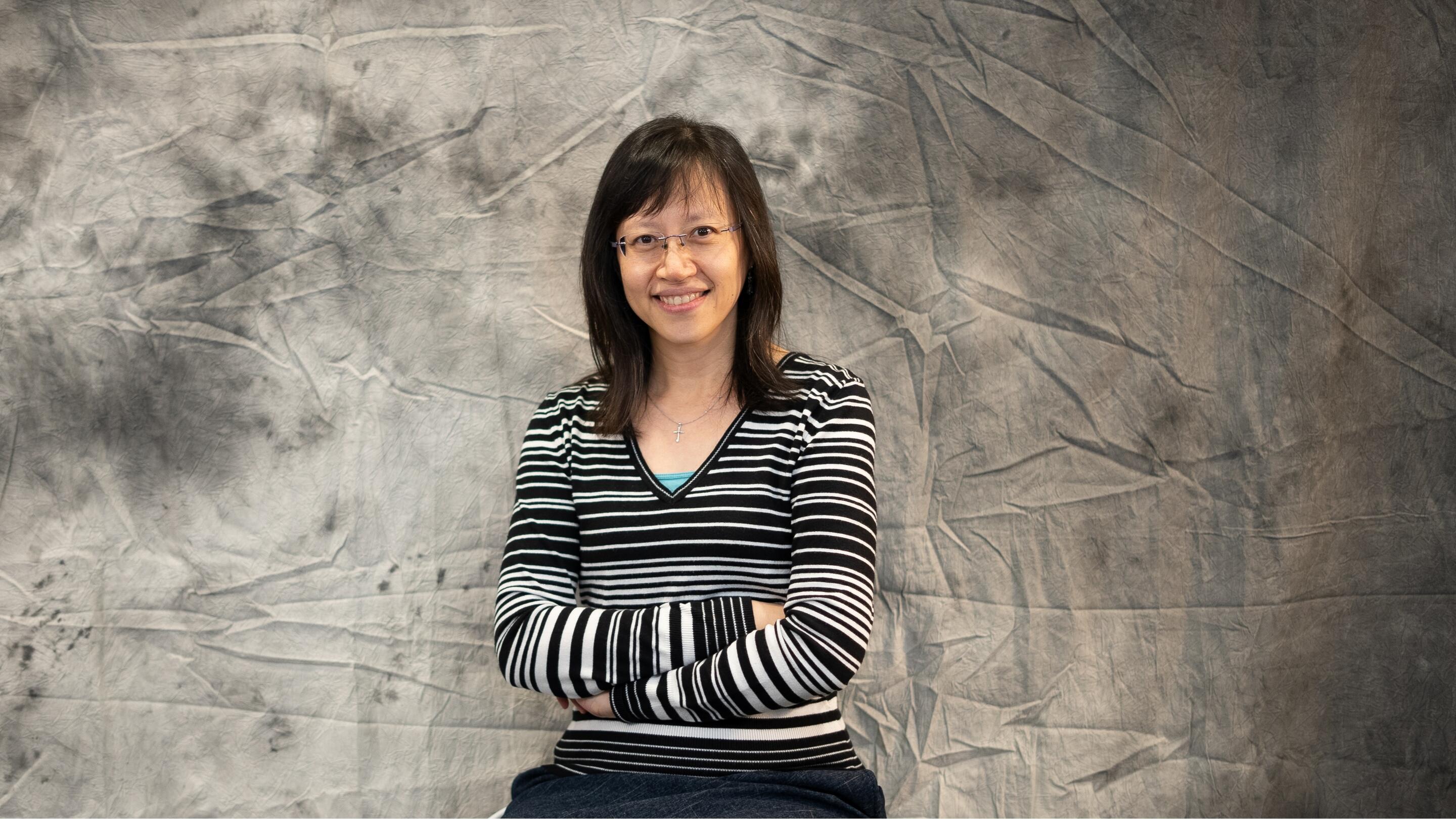
Decide on your priorities and live by them: Mother's Day tip from Pei Theng
3 min read
• May 9, 2025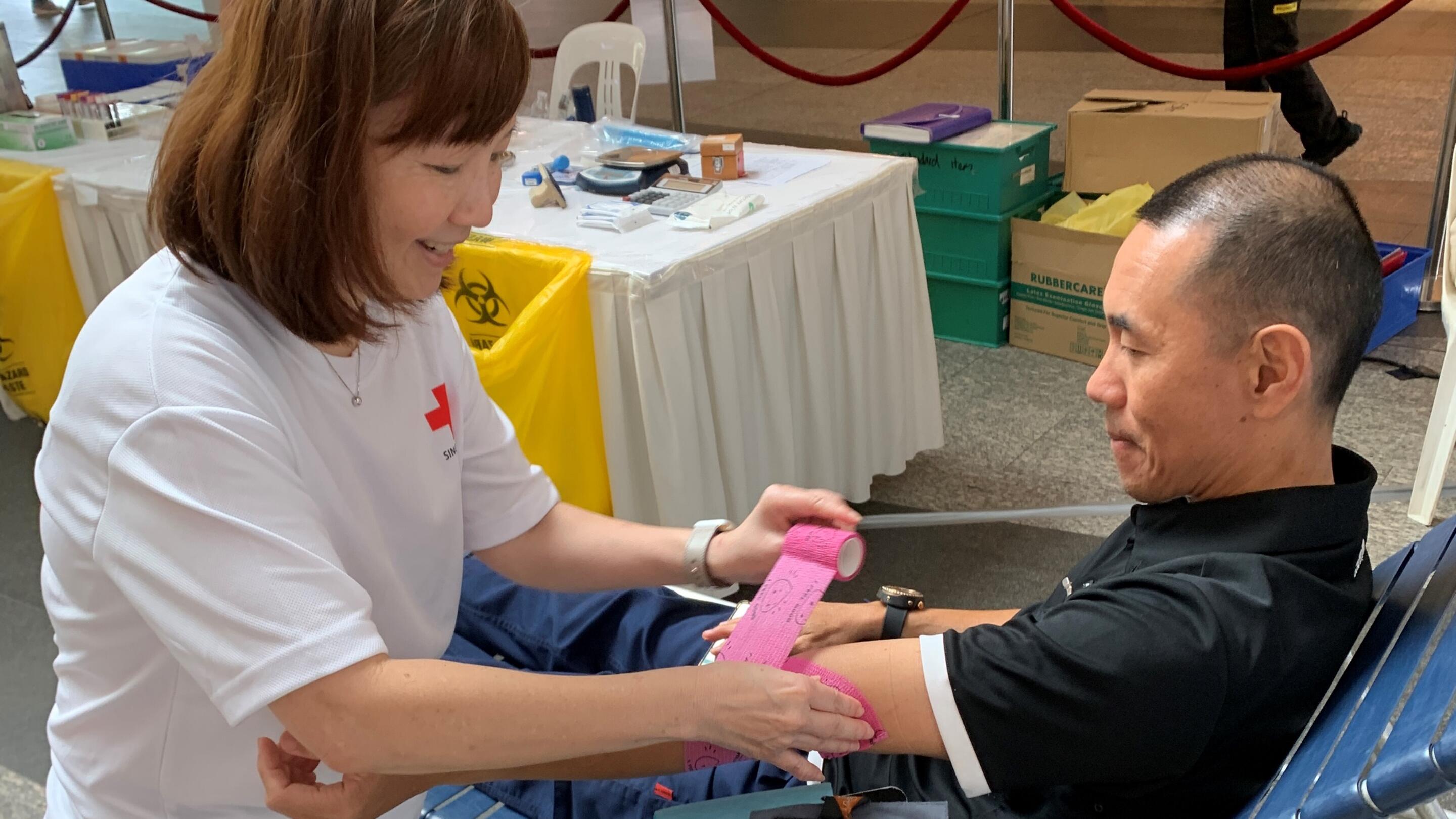
Why we give: The people behind our blood drive in Singapore
2 min read
• April 4, 2025